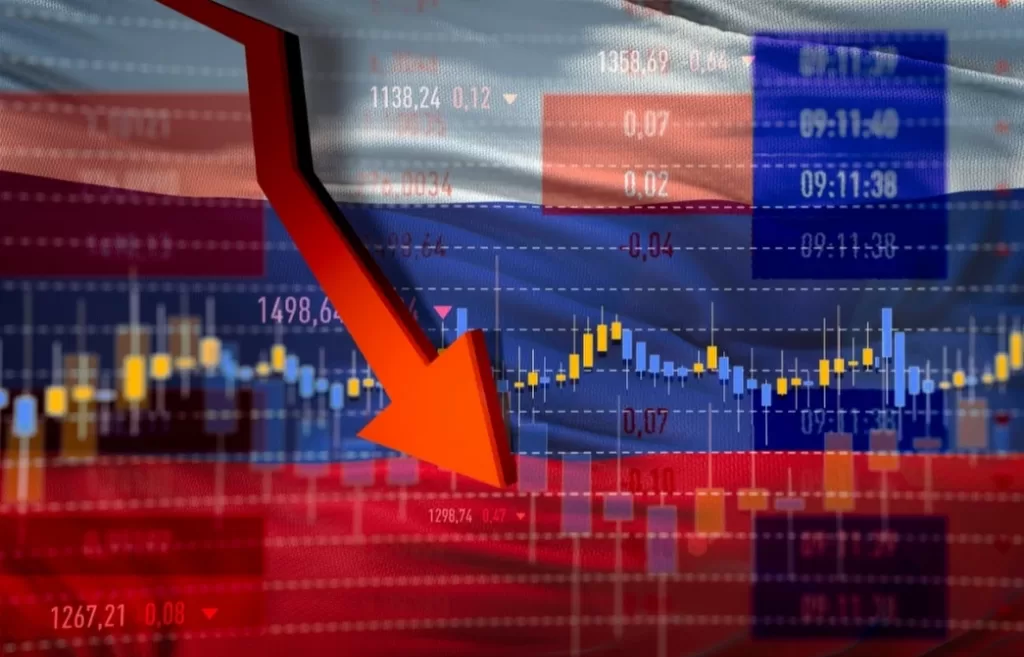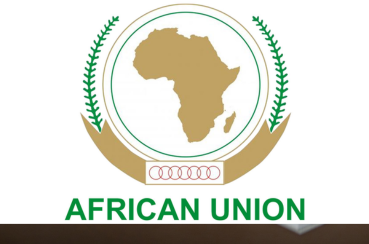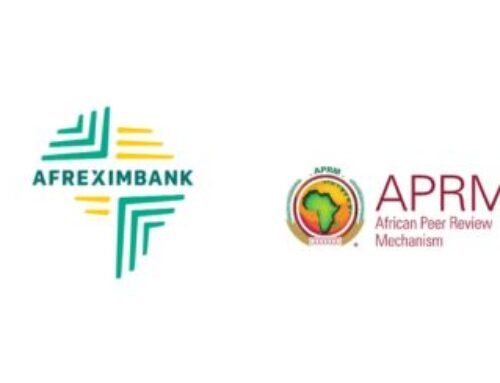On Monday, 14th February 2022, Russia invaded Ukraine with dire consequences for the economies of both countries and the world at large.
What is it with wars and credit rating? This is a valid question, especially when it comes to the impact the war will have on the sovereign creditworthiness of the countries involved.
As the arbiter of sovereign creditworthiness, Rating Agencies influence the risk premium countries have to pay on their debts.
Since the war started, the Russian financial markets have been thrown into turmoil by sanctions imposed by the US and EU on the country. Based on the banking and financial sanctions imposed on Russia, the country’s stock market shed a third of its value in US dollar term.
In another sign of severe financial consequences of the war, the cost to protect against the risks of holding Russian debt has soared. The spread on five-year credit default swaps rose above 900 basis point in the first week of the invasion.
Rating Agencies have reacted to this by downgrading Russia’s Sovereign credit rating to “junk” status.
According to one Rating Agency, “the scope and severity of the sanctions imposed on Russia will have significant impact than earlier believed “.
Another Agency downgraded the rating by six notches to “junk”, stating that western sanctions threw into doubt Russia’s ability to service its debt.
The economic and financial sanctions imposed on the country also prompted index providers such as FTSE Russell and MSCI to announce the removal of Russian equities from all their indexes after a top MSCI executive called Russia’s Stock Market “uninvestable”.
In the same vein, the Institute of International Finance predicts a double-digit contraction in economic growth for Russia in 2022.
The severity of international sanctions in response to Russian’s military invasion of Ukraine has heightened macro-financial stability risks, representing a huge shock to Russia’s credit fundamentals and ultimately undermining its willingness to service government debt.
Reports from the Rating Agencies indicate that “the US and EU sanctions prohibiting any transaction with the Central Bank of Russia would have a larger impact on the country’s credit fundamentals, rendering her international reserves unusable for FX intervention “.
Analysts at DataPro, the technology-driven Credit Rating Agency want Nigeria to be prepared for the macroeconomic effects the war will have on the country in terms of higher fuel prices , increased cost of living and inflation









Leave A Comment